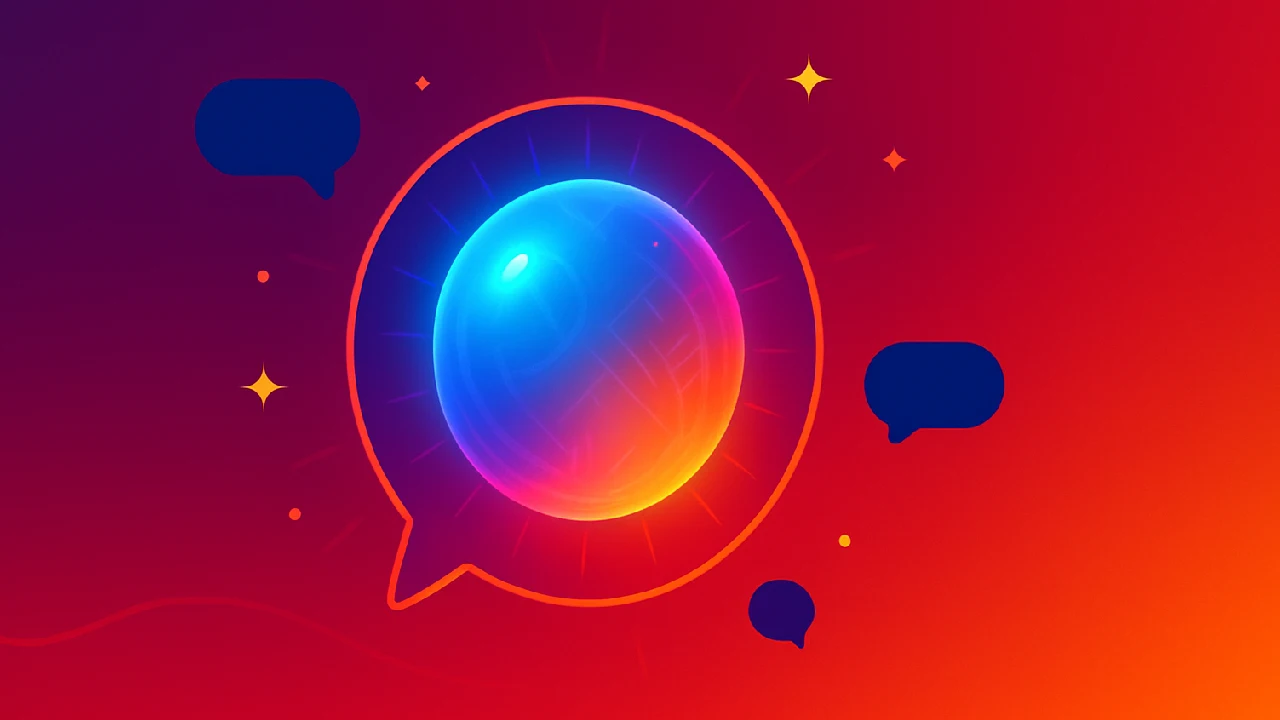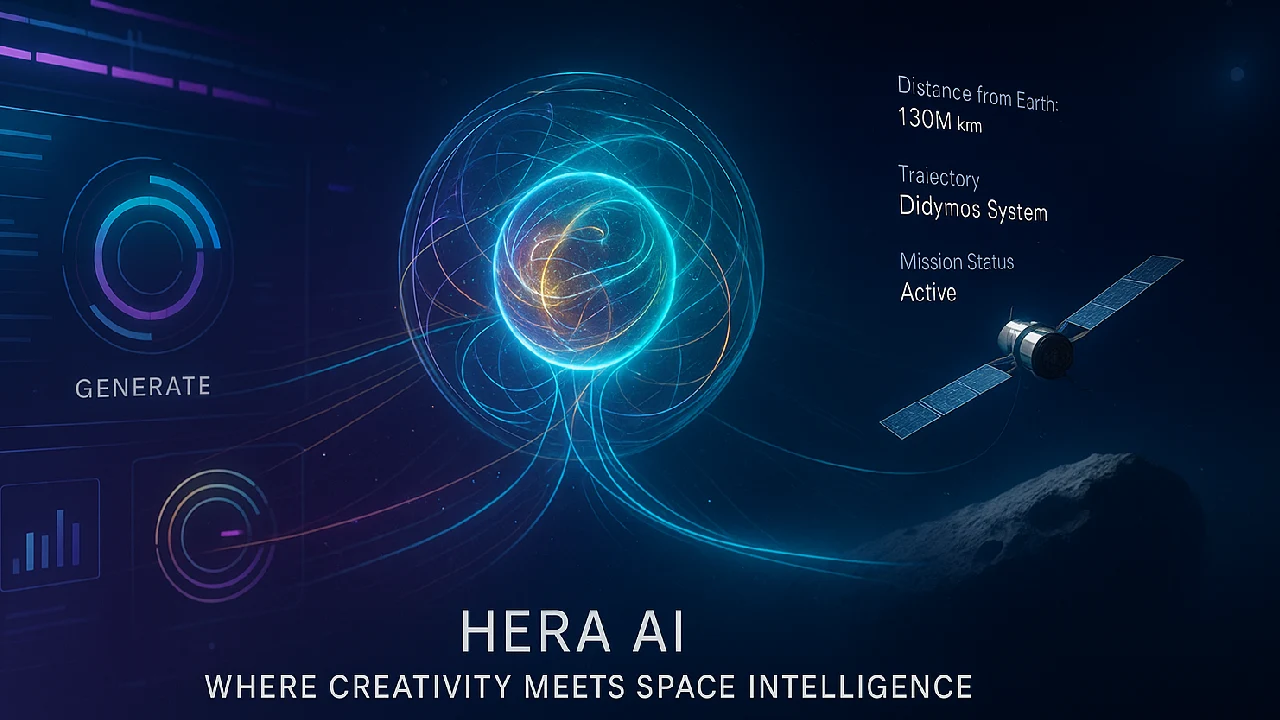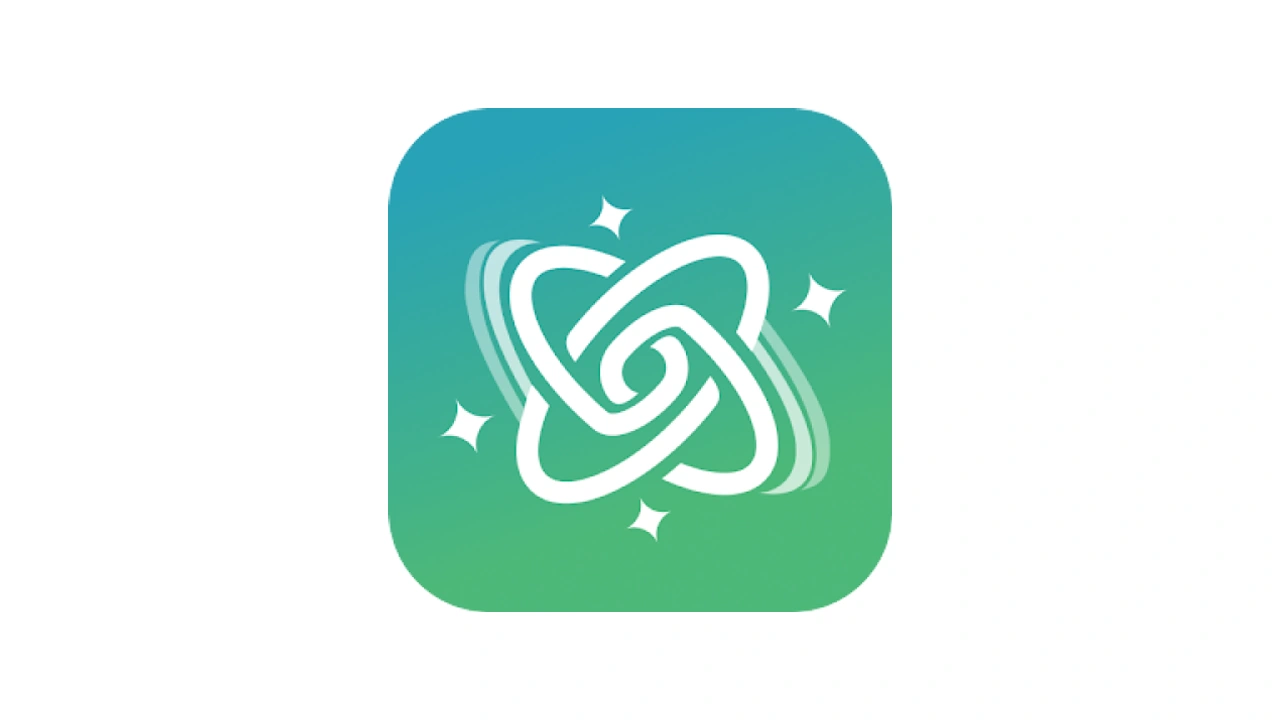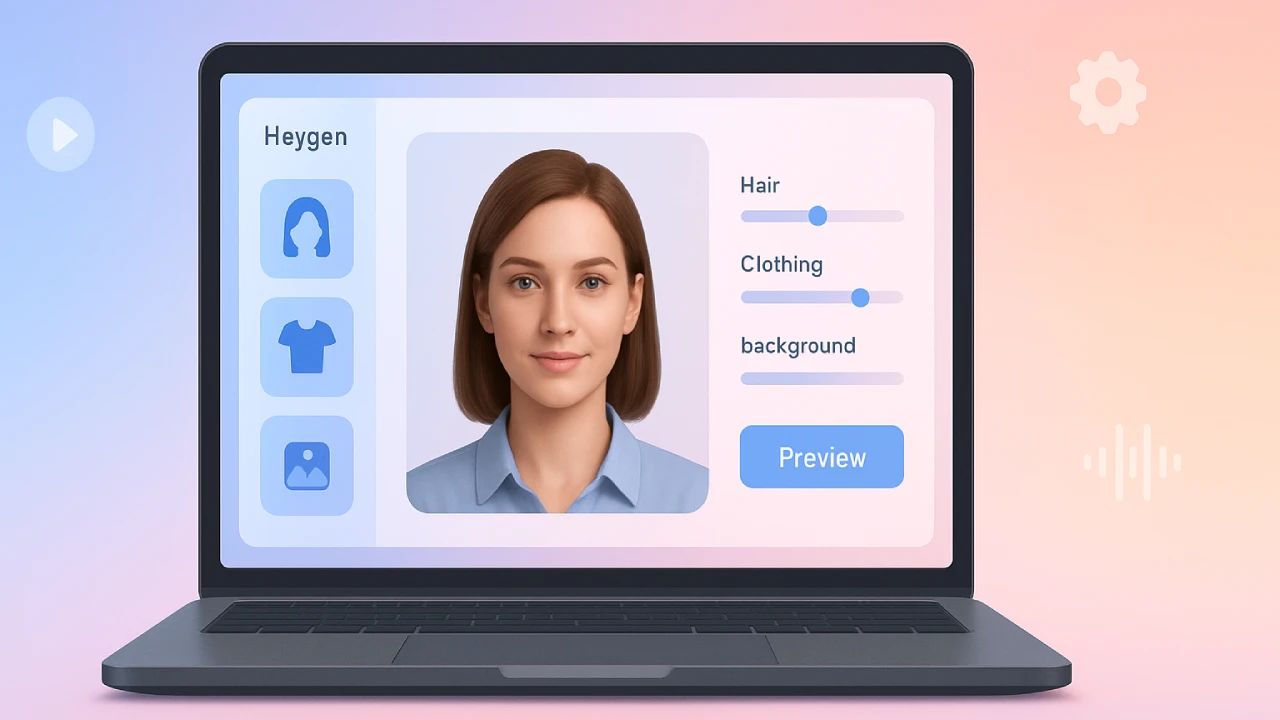Bard AI, now Gemini, combines Google’s PaLM2 and LaMDA with real-time internet search to deliver accurate, creative, and conversational answers making it a strong rival to ChatGPT.
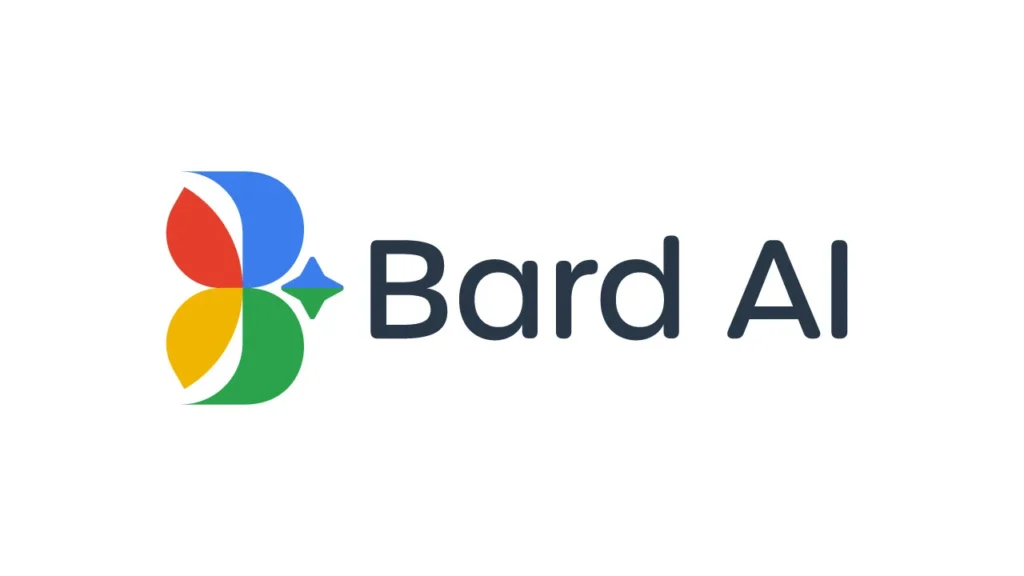
Bard AI, now known as Gemini, is Google’s flagship generative AI chatbot, meant to respond to instructions in a natural, human-like manner. It combines extensive online knowledge with conversational intelligence using powerful large language models such as PaLM2 and LaMDA. From clarifying complex scientific concepts to assisting with daily tasks, Gemini is designed to boost creativity, productivity, and curiosity. In this blog, we will look at Bard’s path, main features, limits, and how it compares to ChatGPT.
What is Bard AI (now Gemini)
Google launched Bard on February 6, 2023, in response to the growing popularity of AI chatbots such as ChatGPT. Bard was first offered to a small set of testers in the United States and the United Kingdom, but it swiftly spread to more than 180 nations by May 2023.
On February 8, 2024, Bard was officially rebranded as Gemini, merging it with Duet AI into a single brand. This was more than simply a name change; Gemini was trained on larger datasets, supported multimodal input (text, speech, photos, and video), and provided enhanced personalization. The rebranding reflected Google’s vision of Gemini as an all-in-one AI platform that is deeply integrated into the Google ecosystem.
At its core, Gemini is designed to:
- Process natural language queries.
- Pull real-time information from the web.
- Deliver context-aware, human-like answers.
- Support creativity and productivity through integrations with Google services.
Key Features of Bard AI (Gemini)
Gemini offers a rich set of features that make it one of the most versatile AI assistants today:
- Multiple Input Options – You can type, use voice commands via microphone, or even upload images to form prompts.
- Response Drafts – For every query, Gemini generates three drafts, allowing users to pick the most relevant answer or regenerate new ones.
- Read Aloud Mode – AI-generated answers can be read out using built-in text-to-speech.
- Editable Prompts – Unlike many rivals, you can re-edit prompts you’ve already submitted.
- Double-Check Feature – With a click, Gemini verifies its answers using Google Search to minimize misinformation.
- Google Integration – Export responses directly to Google Docs or Gmail.
- Visual Enhancements – Answers often include images, charts, or Google Maps snippets for better clarity.
- Image Generation – Powered by Google’s Imagen 2 and Adobe’s Firefly for creating high-quality images.
- Plugin Support – Gemini connects with services like Spotify, Instacart, and Kayak for task-specific help.
- Multimodal Conversations – You can combine text, voice, and visuals in the same conversation.
- Hyper-Personalization – Answers are tailored based on your query style, preferences, and past interactions.
Why Bard AI Matters
Bard/Gemini is more than just a chatbot; it represents Google’s efforts to develop an AI-powered environment for everyday use.
- Up-to-Date Information: Unlike many AI tools, Gemini fetches answers directly from the web, making it extremely useful for real-time queries like market trends, travel suggestions, or local recommendations.
- Research Companion: With source citations, it provides credible references — a feature lacking in many AI competitors.
- Education: It can explain complex topics, like space discoveries or mathematical problems, in a simplified way for students.
- Workflow Efficiency: Google integration allows professionals to move AI-generated text into work apps instantly.
- Accessibility: With voice input, text-to-speech, and multimodal support, it is user-friendly for all demographics.
Limitations of Bard AI (Gemini)
Despite its potential, Bard has some drawbacks users must consider:
- Accuracy Issues: Like all LLMs, Gemini can hallucinate or produce misleading information.
- Bias: Outputs can reflect cultural or political biases present in training data.
- Privacy Concerns: Since it processes sensitive data, there are ongoing debates around data security.
- Overreliance Risks: Dependence on Bard for problem-solving may affect independent critical thinking.
- Technical Constraints: Slow responses for highly complex queries or errors when overloaded.
- Integration Challenges: Not all third-party platforms support Gemini smoothly.
- Human Creativity Gap: While capable, it sometimes generates repetitive or less original content compared to humans.
Bard AI vs ChatGPT
Both Bard (Gemini) and ChatGPT are leading AI assistants, but they serve slightly different strengths.
| Feature | Bard AI (Gemini) | ChatGPT |
|---|---|---|
| Company | OpenAI | |
| Core Models | PaLM2, LaMDA | GPT-3.5 / GPT-4 |
| Real-Time Internet Access | ✅ Yes | ❌ No (except in Plus/Pro with browsing) |
| Free Features | Voice input, drafts, export, multimodal | Text-only (basic) |
| Citations | ✅ Yes | ❌ Limited |
| Best For | Research, fact-checking, real-time answers | Creative writing, storytelling, structured articles |
Final Take:
Bard AI, now known as Gemini, shows Google’s desire to build an AI-first ecosystem. Its real-time search, multimodal input, and extensive interaction with Google apps distinguish it as a powerful competitor to ChatGPT and a must-try for anybody interested in AI chatbots.

